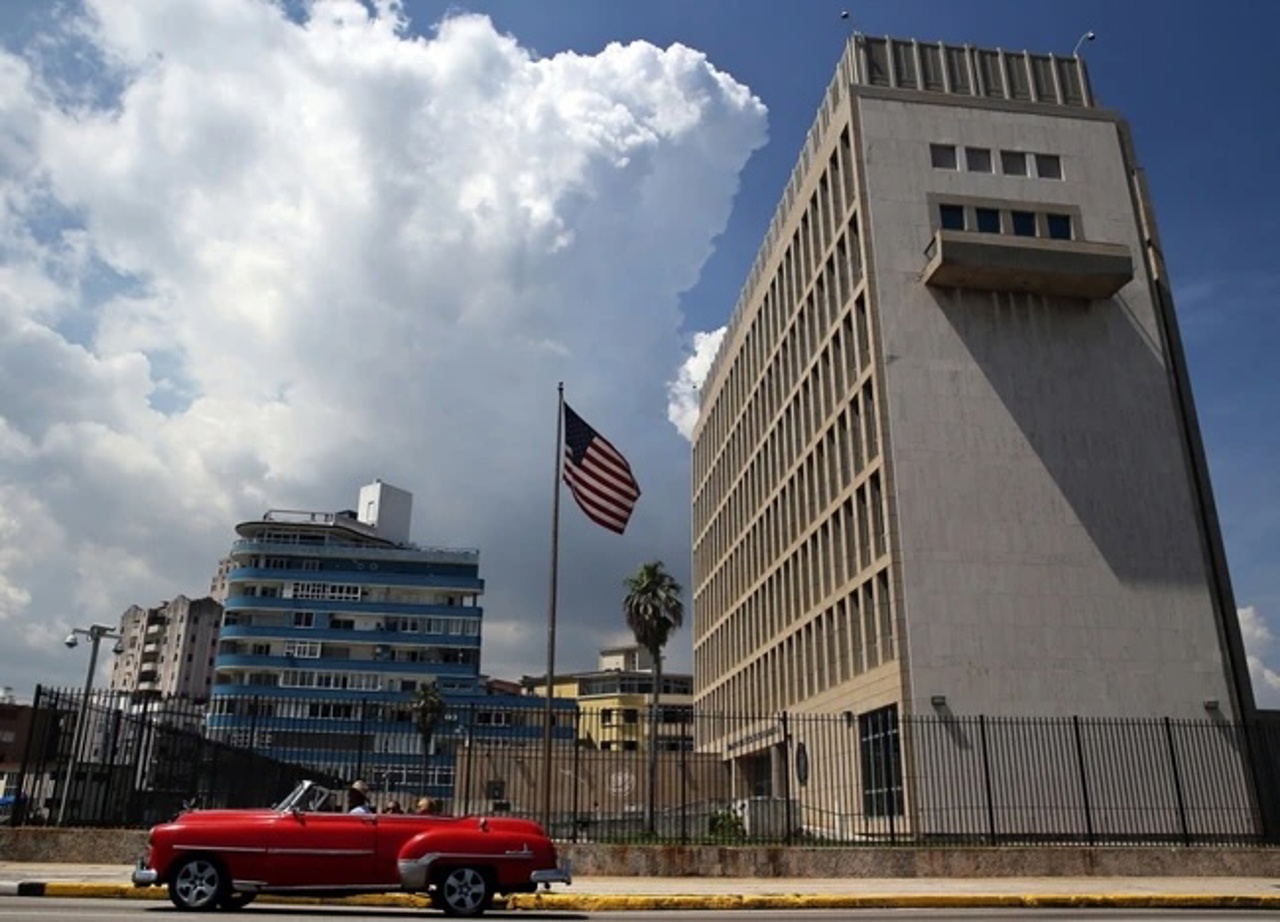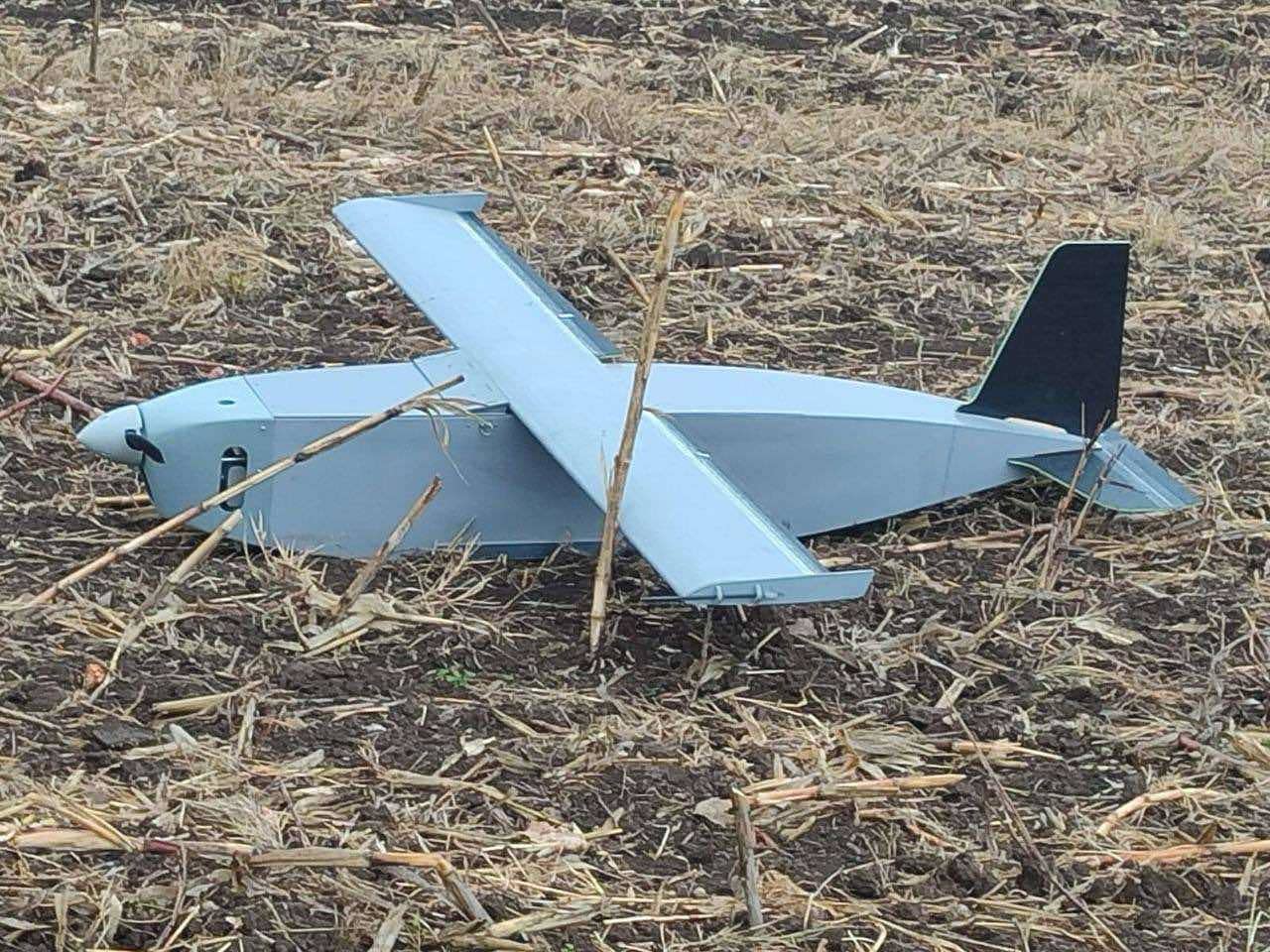Unveiling Russia's GRU: The "Havana Syndrome" Mystery
The Insider has recently conducted an extensive inquiry into the clandestine capabilities of Russia's military intelligence agency, the GRU.

Contrary to common assumptions, the focus lies not on conventional poisons but rather on the employment of ultrasonic waves or pulsed microwave radiation. This investigation delves into what has been termed the "Havana Syndrome" – an enigmatic neurological disease afflicting American diplomats and intelligence operatives, particularly those whose duties intersect with Russia.
As per The Insider's findings, the "Havana Syndrome" manifests as a constellation of cognitive impairments, encompassing dizziness, migraines, tinnitus, memory lapses, sleep disturbances, and concentration difficulties. It traces its origins to a CIA employee's initial complaint of such symptoms eight years ago while stationed in Havana, an incident that ignited a diplomatic uproar between the United States and Cuba. Subsequent revelations established that numerous American diplomats worldwide endured analogous symptoms.
Described as an incapacitating onslaught from an imperceptible source, the syndrome's effects prove inescapable. Investigative journalists from The Insider have uncovered compelling evidence implicating Russia's GRU in these incidents, specifically linking them to a covert military unit tasked with operations such as the novichok poisoning of Skripal.
Political and military analyst Sandu-Valentin Mateiu elucidated that while the US has undertaken journalistic inquiries regarding these non-lethal acoustic weapons, official reports have refrained from directly accusing foreign entities of their deployment. This restraint, indicative of a broader policy of Russo-toleration, underscores a hesitancy within US and European circles to indict Moscow.
Mateiu further emphasised, during the "In Context" program, that this leniency has blindsided political establishments, lamenting that the West's prolonged wait for Moscow to engage in meaningful dialogue has been met with disappointment.
Kremlin spokesman Dmitry Peskov responded to The Insider's investigation, vehemently refuting all allegations.
Translation by Iurie Tataru





